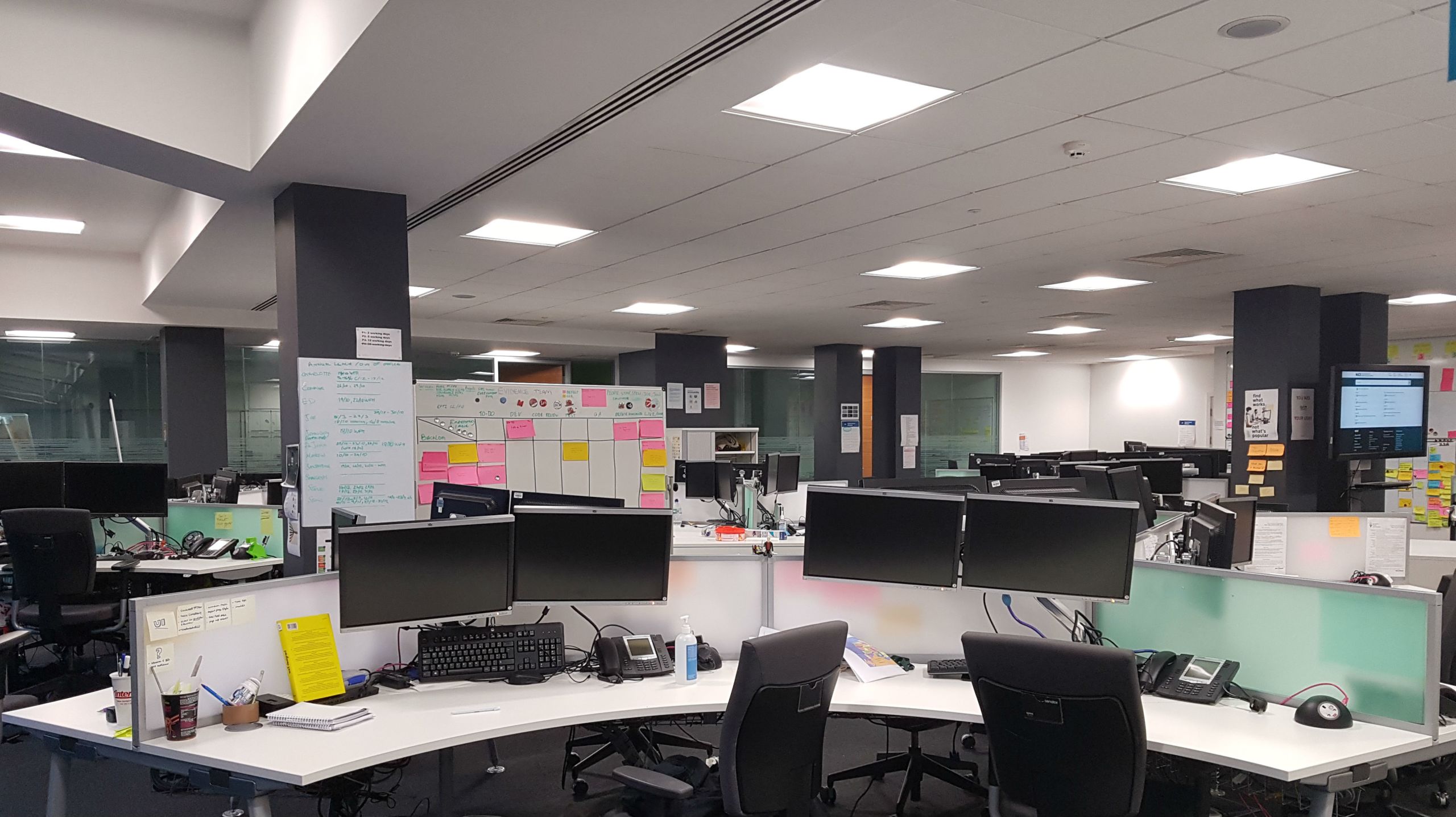The trouble with turtles
Our Centre for Guidelines develops guidance for health and social care. But what's it like working here? Fiona Glen, programme director - centre for guidelines, tells all.
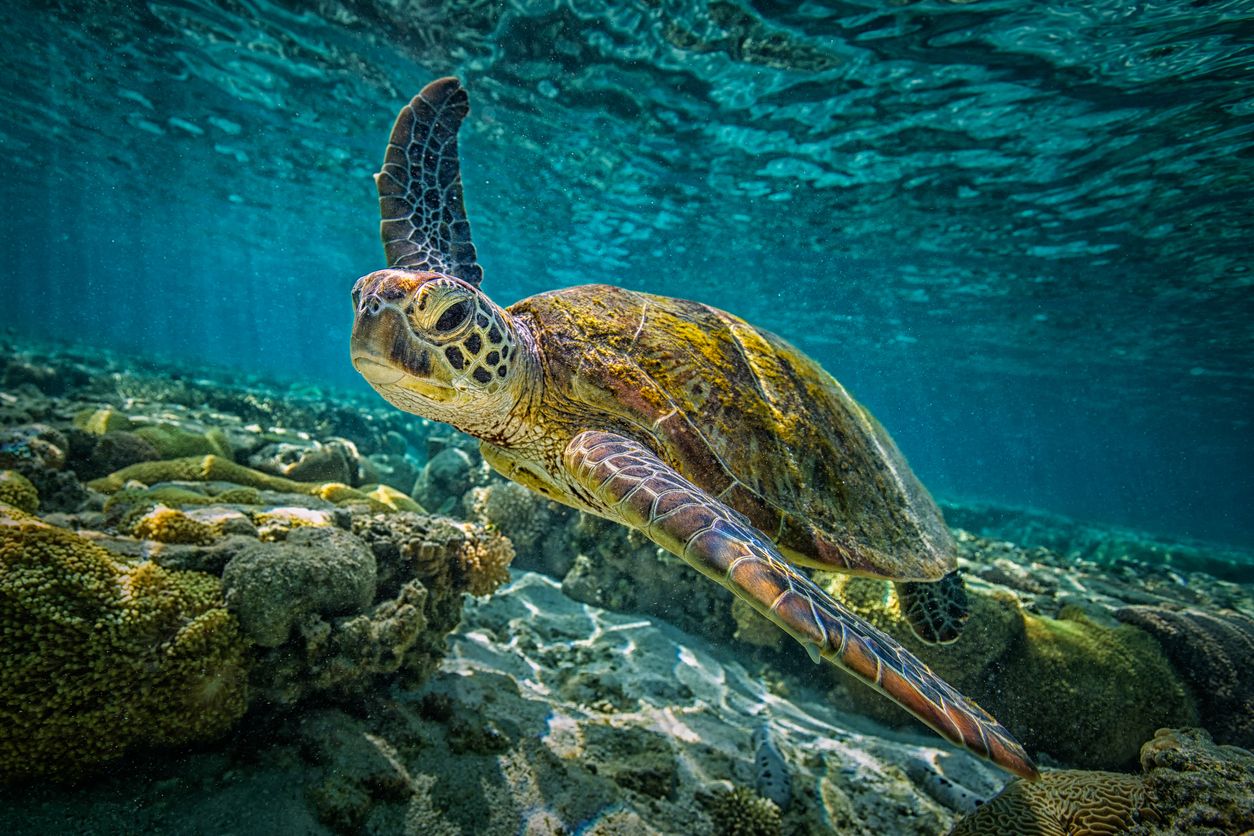
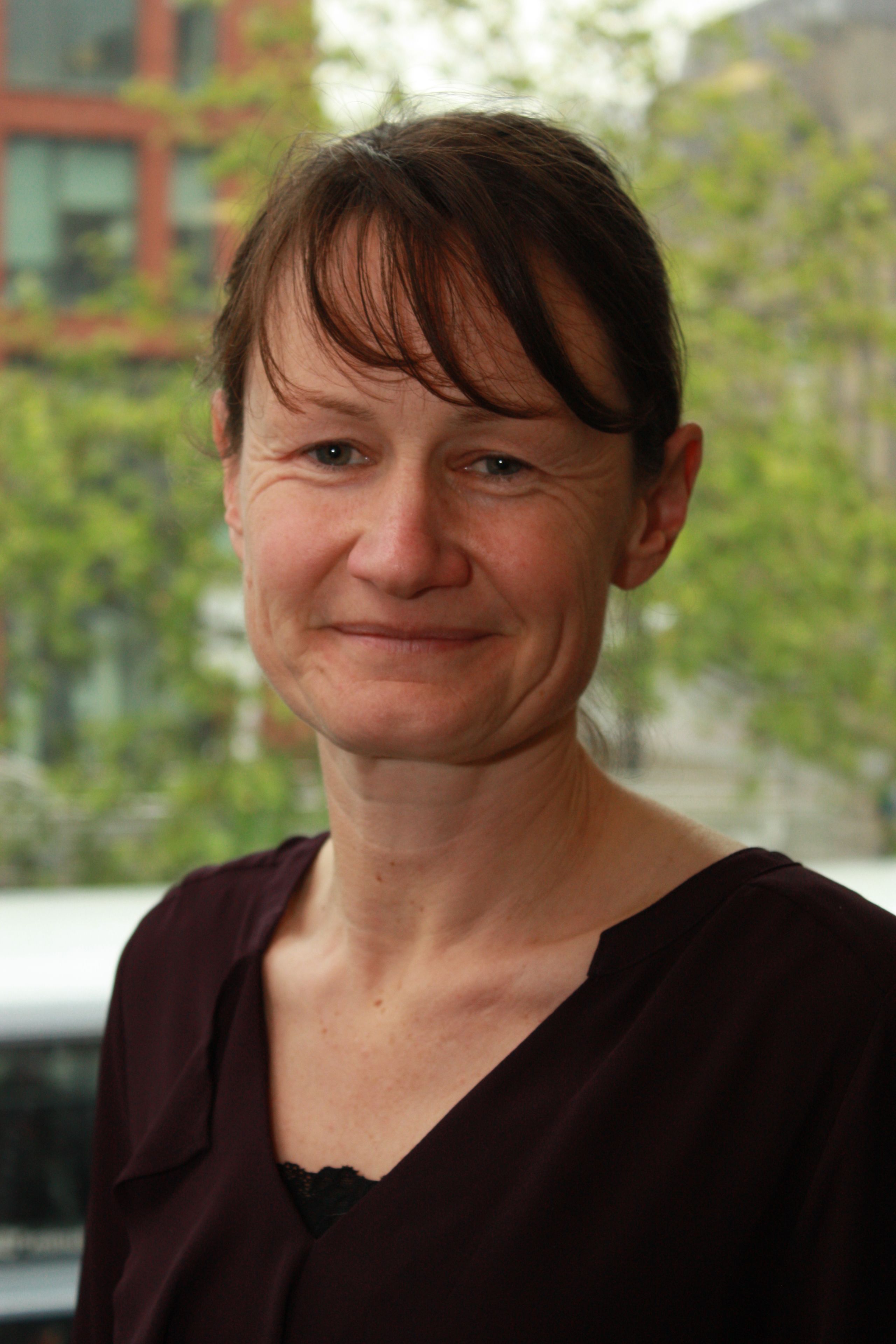

Tell us a bit about yourself.
Hi, my name’s Fiona Glen. I’m a programme director here at NICE, in the Centre for Guidelines. I live in Clitheroe, where I grew up, and my family are still there too. I’m a keen runner. I have a lovely Border Collie, Meg, who runs everywhere with me. Most weekends you’ll find us out in the hills, exploring!
When did you join NICE?
I’ve worked here for nearly 3 and half years now and I really enjoy it.

What was it that made you want to work with us?
There were a number of reasons, really. I’ve worked in the public sector for about 15 years, in a number of different departments and organisations. And I loved the idea of working in evidence and research. That’s been a theme throughout my career. What I really liked about NICE itself was the stability of the organisation. The fact that it and its senior management team had been there a long time. We work in a very changing world nowadays. Chief executives and senior staff always seem to be moving in and out of organisations. NICE had a reputation for stability, accuracy and transparency and that really attracted me.
Describe your career journey so far.
It’s been an interesting one! I was an academic. I did zoology at university and loved the research side of it. I ended up specialising in sea turtles and eventually did a PhD on them. That was fantastic! I saw the world through a variety of different beaches, following an absolutely magnificent animal. And I was studying them during the advent of satellite telemetry and remote sensing, so the information I gathered was just huge. We’re talking masses of data collected every few seconds! Part of my PhD was learning how to process and analyse that data. That introduced me to new ways of learning syntax and programming languages and things like that.
It was a fantastic life and I loved it, but unfortunately it isn’t very well paid and there aren’t many jobs! So when a job came up at the Office for National Statistics as a researcher, I applied and they took me with my ‘sea turtle skills’. I ended up working in their social survey statistics division and eventually in their methodology division. Research really started to become a theme for me. I started working at the Equality and Human Rights Commission as a researcher, became director of research, then director of policy. In coming to NICE, I sort of came back to my roots in research.
It might seem like a bit of a disjointed leap going from a PhD in sea turtles to senior management in the public sector! But one of the biggest suite of skills I learned was around management and influencing. I was often working in countries where I needed support from local communities and populations, and I managed large numbers of volunteers. That needed really strong management and influencing skills. But I didn’t really recognise that until I started working in the public sector and 'officially' managing people.
What does the Centre for Guidelines do?
We produce evidence-based recommendations for guidelines that support improvements in health and care. Our recommendations are based on the best available evidence, that's really important. We work with an incredibly diverse array of people - from public health, clinical and social care areas – all with front line knowledge and expertise in various different topics. They help us create our guidelines. The guidelines are then used in health and social care to really improve practice, ultimately improving people’s lives.
Describe your management style
I’d hope it’s an open and positive one – but you’d probably have to ask my team about that!
What does a technical analyst do?
I’m always slightly envious of our technical analysts, as I think it’s a really interesting and exciting role. These are people that have come from either a strong analytical or research background. Or perhaps they’ve come from a more junior level and we’ve trained them up. They get to work with a committee of experts to help them look at evidence and make our recommendations. They become experts in a particular field, really. They go away, do their review and synthesis, and then bring it back to these committees of experts and deliver their findings. I’m often in awe of them when I watch them presenting at committee meetings. They have to have so many different skills to be able to do the job. They need good analytical skills, synthesis skills, and they need to be able to write well. And they also have to be able to present information effectively. Often, they’ve only worked on that particular area for a few months. And then there they are, presenting to a room full of academics, consultants, directors of public health, and more. I think that’s quite a unique skill to gain at a starting level in your career. And what you learn as a technical analyst you’ll never really lose. NICE supports them to develop and enhance those skills for years to come. For me it’s the most important job in creating guidance at NICE.
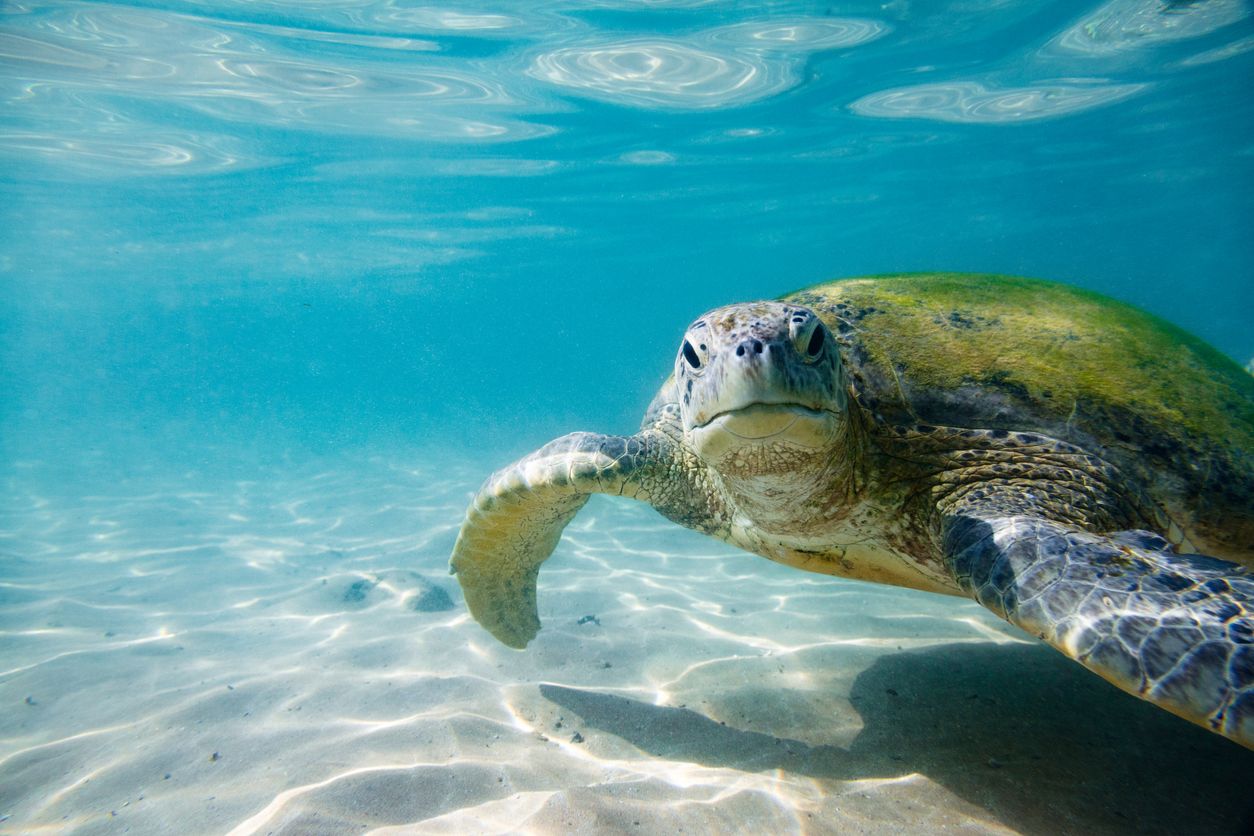
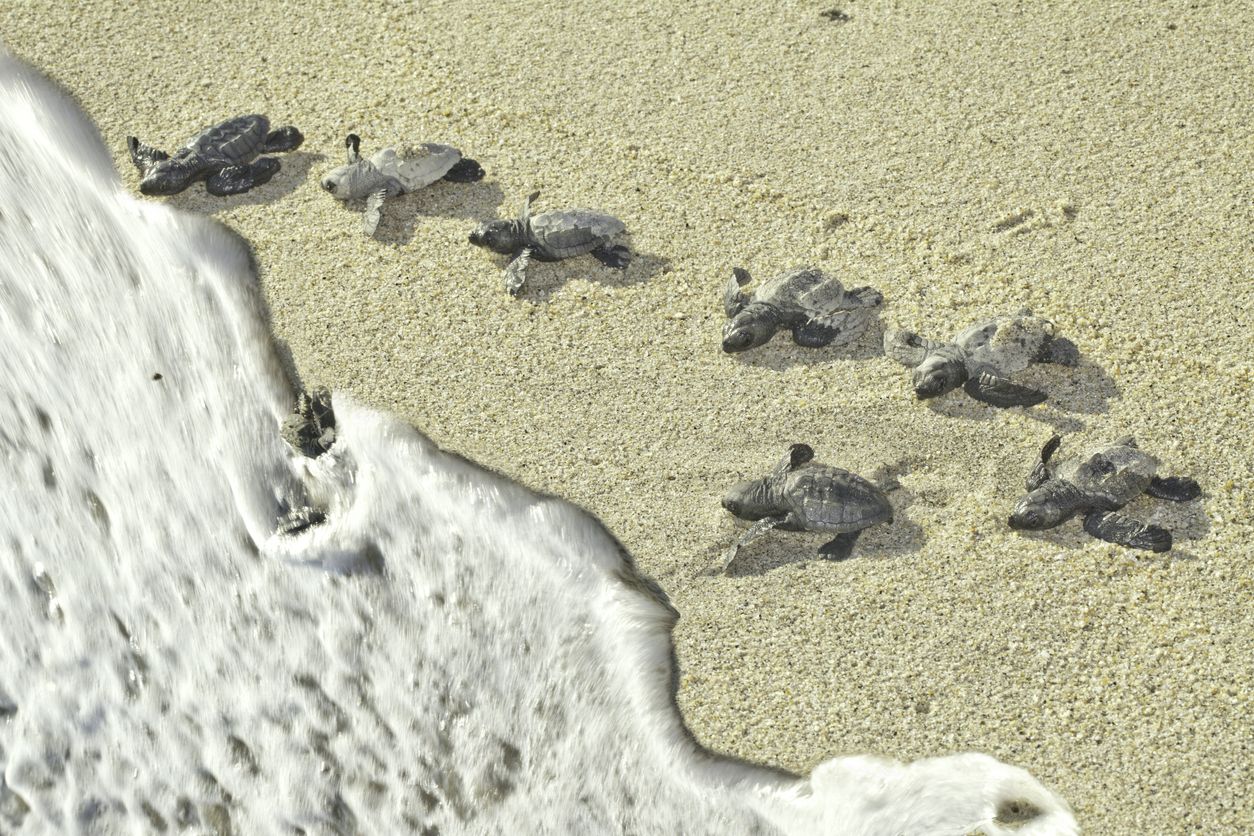
What do you enjoy most about your role?
I enjoy the fact that no 2 days are ever the same! One of my other favourite things about my job is that you can really make of it what you want. And it’s the same for our technical analysts. If you enjoy the academic, communications or methodology side of things, we’ll give you the time to go away and enhance your skills in those areas. We want to help you be innovative so you can help NICE continue to be a world leader in what we do. And I feel that support in my job as well. I have things I need to do day-to-day, but I also have time to grow and learn here. I think that’s one of the most important things that anyone needs in their career.
Describe the culture of NICE in 3 words.
Polite, friendly and innovative.
What would you say to someone who might be interested in joining the team?
It’s a great organisation. You’ll do really interesting things. You’ll work on topics you could never have imagined working on. We’re given very difficult, often hot, topics – this will never be a boring environment to work in! You’ll get to work with some of the best minds in guideline development. You’ll get to work in an organisation that’s seen as one of the world leaders in guideline development. And you’ll get to work with really nice people. Plus, there are the wider benefits of being part of the public sector. So I’d say have a look at our website. Find out about us, see what you think, even come in and have a chat with someone from the team. Give us a shot! I think you’ll really enjoy it.
Want to know more?
You can learn more about Fiona and her colleagues below.
- Fiona Glen - meet the manager (video)
- Olivia Crane - (not) lost in translation
- Olivia Crane - getting technical (video)
- Ellie Donegan - giving something back.
Would you like to work for us?
Keep an eye on our vacancies on our website.
